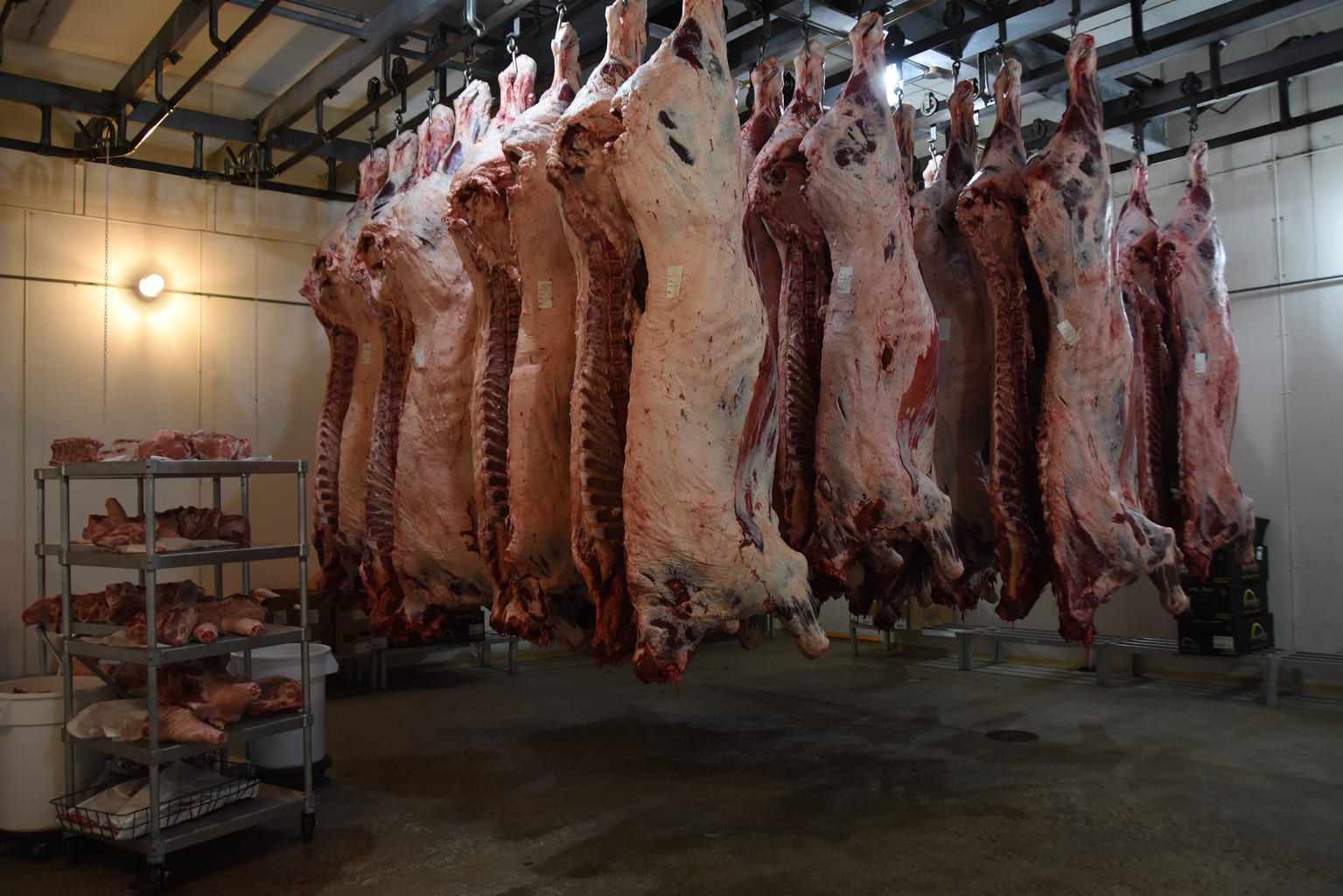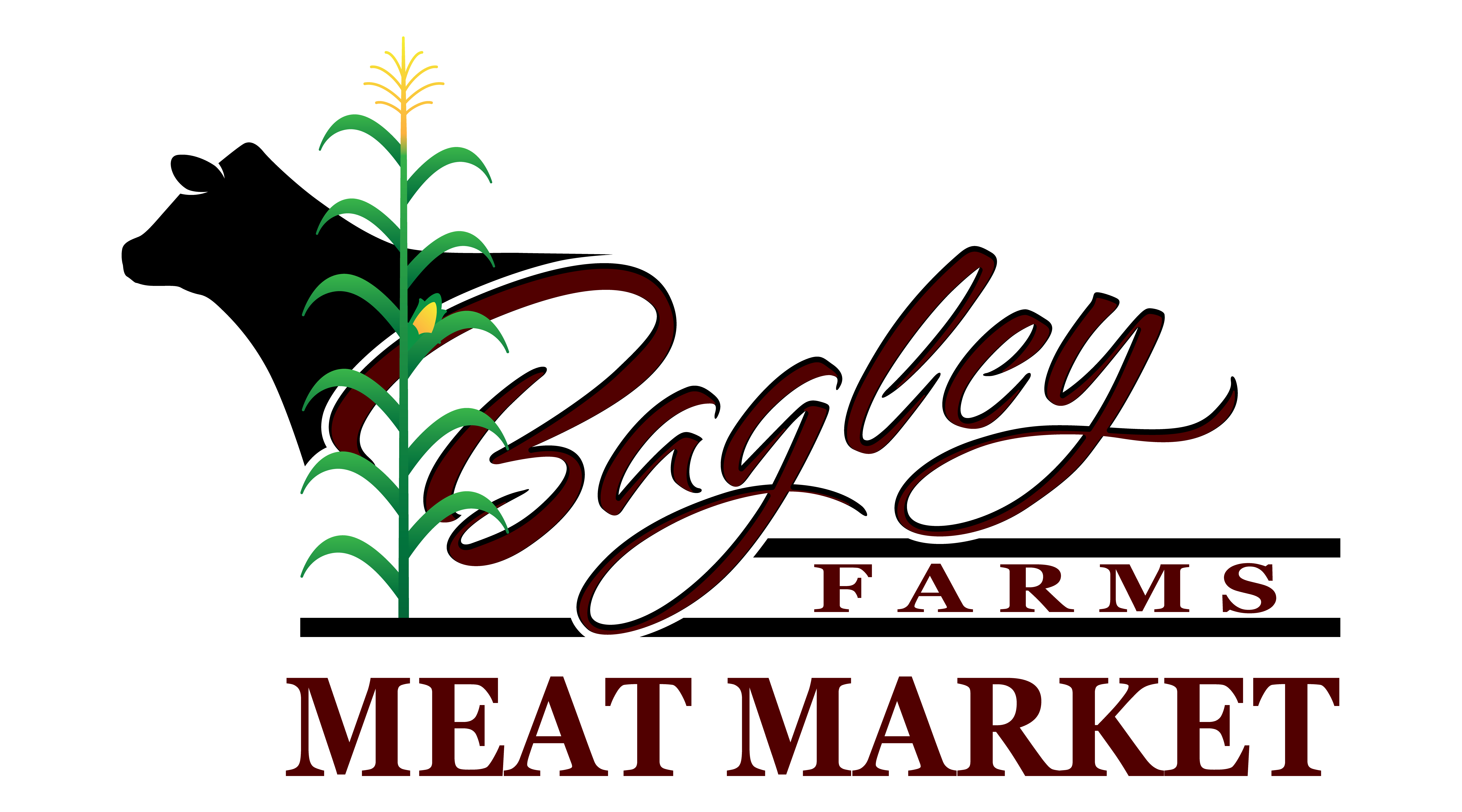Bagley Meat Market Edwardsville IL – Offering Fresh, Locally-Sourced Meat Options
Bagley Meat Market Edwardsville IL – Offering Fresh, Locally-Sourced Meat Options
Blog Article
Why Purchasing at a Neighborhood Meat Market Guarantees Fresh, High-Quality Cuts
Purchasing at a neighborhood meat market uses unique benefits that frequently go unnoticed by consumers accustomed to bigger retail chains. These markets offer direct access to fresh, top quality cuts, an outcome of minimized transportation time from farm to counter. This not only boosts flavor yet likewise supports regional farmers, fostering neighborhood connections and sustainable techniques. Extensive quality control gauges ensure that each acquisition satisfies high standards of safety and freshness. The implications of choosing local extend beyond immediate advantages, motivating a closer assessment of what this selection really suggests for both consumers and the regional economy.
Benefits of Local Sourcing
In the realm of food procurement, the benefits of local sourcing stick out plainly. By buying meat from regional markets, consumers get straight access to products that are frequently fresher and a lot more tasty than those found in larger, commercial supermarkets. Local sourcing decreases the time and range food travels from farm to table, which not only improves preference yet likewise maintains dietary value.

Moreover, regional sourcing often offers openness concerning the beginnings of the meat. Customers can inquire regarding the farming practices utilized, pet welfare requirements, and whether the meat is grass-fed or organic. This details encourages customers to make educated choices aligned with their values.
Quality Assurance Requirements
Local meat markets often follow strenuous high quality control standards that make sure the products offered meet high safety and security and quality standards. These requirements typically encompass numerous stages of the meat manufacturing process, from sourcing to handling and storage space.
First, local markets often establish stringent distributor requirements, making sure that just trusted farms and manufacturers are used - bagley meat market edwardsville il. This decreases the probability of contamination and promotes higher pet welfare standards. Furthermore, several regional meat markets apply normal evaluations to validate that the meat is processed under hygienic problems, better lessening health and wellness risks
Temperature level control is another important facet of quality control. Neighborhood meat markets regularly check refrigeration systems to preserve optimum storage space temperature levels, ensuring that meat continues to be fresh and safe for intake. Furthermore, the execution of traceability systems permits markets to track the origin of their items, giving transparency and responsibility.
Lastly, team at regional meat markets are commonly trained to recognize indications of putridity and comprehend appropriate handling methods. This dedication to quality control not just raises the general criterion of the meat however likewise promotes consumer trust, making local meat markets a trustworthy resource for high-grade cuts.
Supporting Neighborhood Farmers
Sustaining regional farmers is important for cultivating a sustainable food system and enhancing neighborhood strength. They directly contribute to the resources of farmers in their region when customers pick to go shopping at neighborhood meat markets. This not just sustains the neighborhood economy yet also reinforces the agricultural field, ensuring that it remains dynamic and practical.


In addition, sustaining local farmers promotes a feeling of community and connection between customers and manufacturers. It urges openness in food sourcing and instills count on, as consumers can develop partnerships with the people who raise their food. This straight connection ultimately brings about an extra engaged and notified public, which is critical for promoting for sustainable farming methods in the future.
Lasting Practices
Sustainable methods in meat markets play a crucial function in promoting environmental stewardship and guaranteeing animal welfare. Regional meat markets frequently focus on sourcing their products from farms that execute lasting and ethical farming techniques. These techniques include rotational grazing, which assists maintain soil health and reduces carbon emissions, along with minimizing the use of antibiotics and hormones in livestock.
In addition, regional meat markets typically stress transparency in their supply chains. Clients are given with details regarding the beginning of their meat, allowing them to make educated choices that line up with their worths. By supporting neighborhood farmers that exercise sustainable techniques, consumers contribute to the preservation of biodiversity and the decrease of transport exhausts related to long-distance meat circulation.
Additionally, numerous local meat markets engage in waste reduction techniques, such as making use of every part of the pet and advertising off-cuts that could or else go unsold. By fostering a more sustainable strategy to meat usage, these markets not only offer top notch products however likewise add positively to the setting and animal well-being. In significance, buying at a neighborhood meat market straightens customers you could try this out with a broader movement in the direction of ethical and responsible food sourcing.
Customized Customer Support
Purchasing at a meat market usually includes more than just the items offered; it is also concerning the experience and the relationships developed in between customers and personnel. Individualized customer support is a hallmark of regional meat markets, setting them in addition to larger grocery chains. Well-informed personnel put in the time to understand private customer preferences, guaranteeing that each browse through is customized to details needs.
Consumers benefit from skilled advice on cuts, cooking methods, and prep work pointers, promoting a sense of count on and loyalty. This customized interaction enables clients to ask concerns and look for recommendations, causing educated click for source buying decisions. Staff participants typically keep in mind regular consumers and their preferences, creating an inviting environment that grows neighborhood ties.
Furthermore, personalized service includes unique demands, such as customized cuts or details prep work methods, which bigger sellers may not fit. This level of interest strengthens the commitment of local meat markets to high quality and customer contentment.
Basically, individualized customer care not just improves the shopping experience however likewise makes sure that consumers entrust the best products matched to their culinary requirements, making every see a rewarding one.
Final Thought
Sustaining neighborhood farmers promotes neighborhood relationships and strengthens the regional economic situation, while lasting practices add to ecological stewardship. Furthermore, customized client service boosts the purchasing experience, making neighborhood meat markets a favored choice for consumers looking for both quality and moral considerations in their food sourcing.
The effects of picking neighborhood extend past prompt advantages, prompting a better assessment of what this option truly indicates for both customers and the local economic climate.
Sustaining local meat markets likewise contributes to the regional economic situation. Neighborhood meat markets regularly monitor refrigeration systems to maintain ideal storage space temperatures, ensuring that meat continues to be fresh and secure for consumption.Regional farmers are usually a lot more attuned to the particular requirements of their areas, raising and expanding plants livestock that align with local tastes and choices. Supporting regional farmers promotes neighborhood connections and enhances the local economy, while sustainable practices add to ecological stewardship.
Report this page